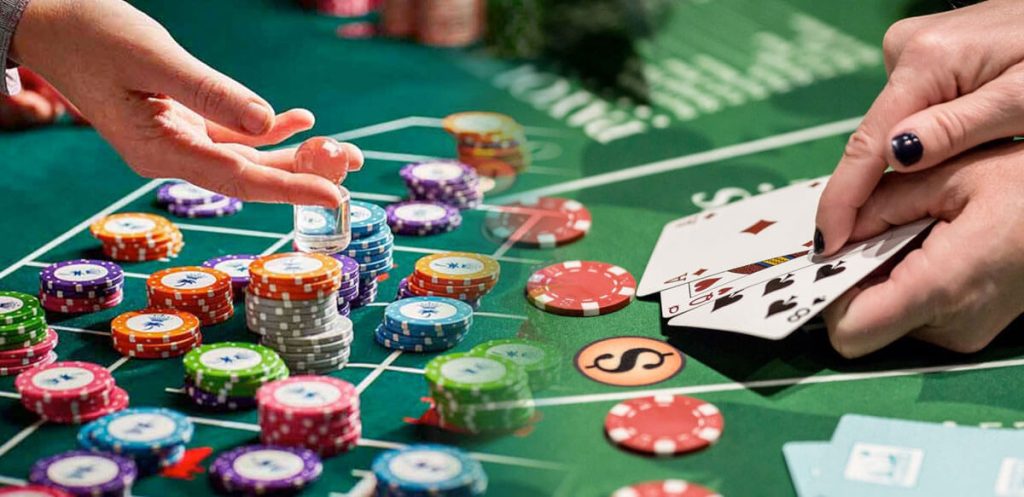Casino crash games have surged in popularity within the online gambling world, attracting a diverse range of players eager to test their luck and skill. But beyond the flashing lights and rising multipliers lies a complex psychological landscape influencing player decisions and behavior. Understanding the psychology behind casino crash games and player behavior offers valuable insights into why these games are so addictive and how players interact with them.
What Are Casino Crash Games?
Casino crash games are a relatively new type of online betting game where a multiplier steadily increases from 1x upwards, and players must cash out before the game “crashes.” The challenge is to predict when to withdraw winnings—too early, and potential rewards are missed; too late, and the player loses their bet. This simple yet thrilling mechanic creates an intense psychological experience.
The Role of Risk and Reward in Player Behavior
At the core of the psychology behind casino crash games and player behavior is the human response to risk and reward. Players are motivated by the possibility of high returns and the adrenaline rush associated with uncertainty. The game’s design taps into the brain’s reward system, releasing dopamine when players win or come close to winning, reinforcing the desire to keep playing.
The Illusion of Control
One key psychological factor is the illusion of control. Players often believe they can predict or influence the moment the crash occurs, despite it being a game of chance. This illusion encourages repeated play and higher bets, as players feel their skill or strategy can improve outcomes.
Social Influence and Competitive Drive
Many crash games feature leaderboards or social components, where players can see others’ winnings or progress. This social aspect triggers competitive instincts and social comparison, which further drives engagement. Players may take greater risks to outperform peers, influenced by the psychological dynamics of competition and social validation.
The Impact of Loss Aversion and Near-Misses
Loss aversion, a powerful psychological bias, makes players more sensitive to losses than gains. Crash games exploit this by offering near-misses—situations where players almost cash out before a crash. These near-misses create frustration but also motivation to try again, hoping to avoid loss in the future. This cycle perpetuates play and highlights the intricate psychology behind casino crash games and player behavior.
Conclusion
The psychology behind casino crash games and player behavior is a complex interplay of risk-taking, reward anticipation, illusion of control, social influence, and loss aversion. Understanding these factors helps explain why crash games are so captivating and can be a double-edged sword—providing entertainment but also posing risks of compulsive gambling. Awareness of these psychological mechanisms is essential for players and regulators alike to promote responsible gaming.


